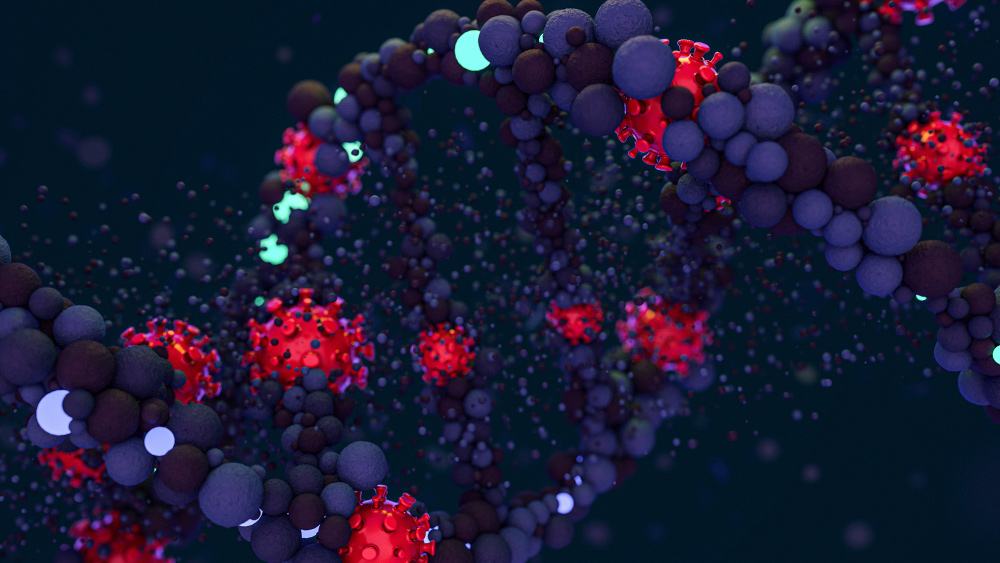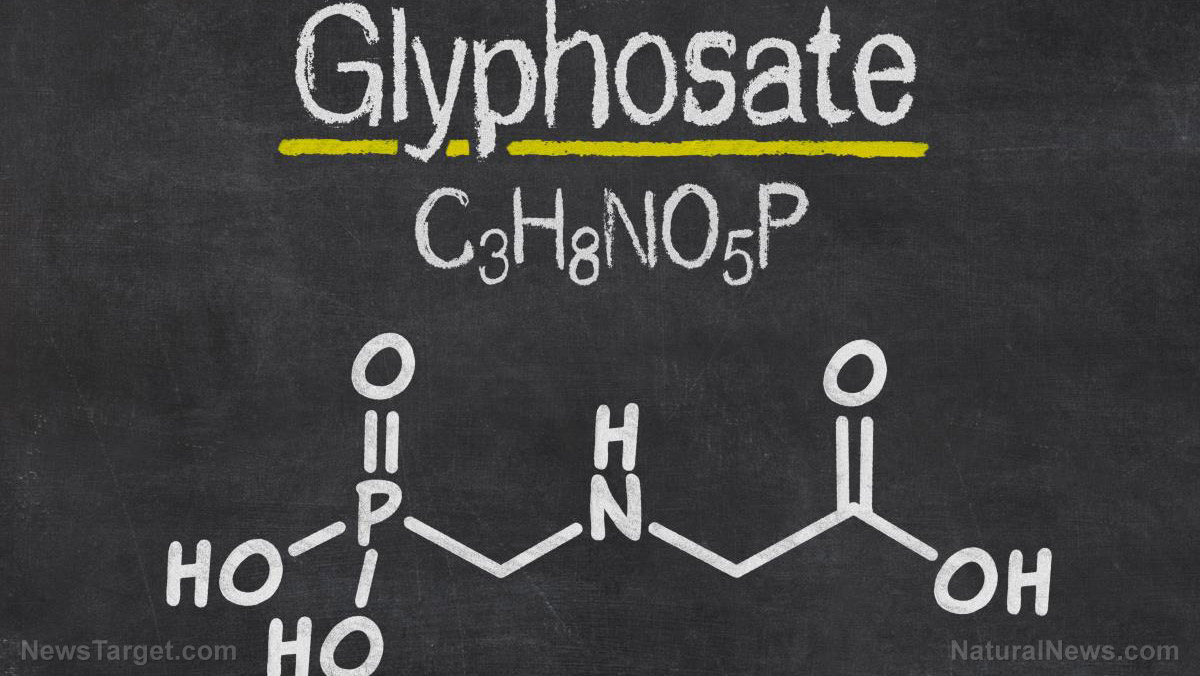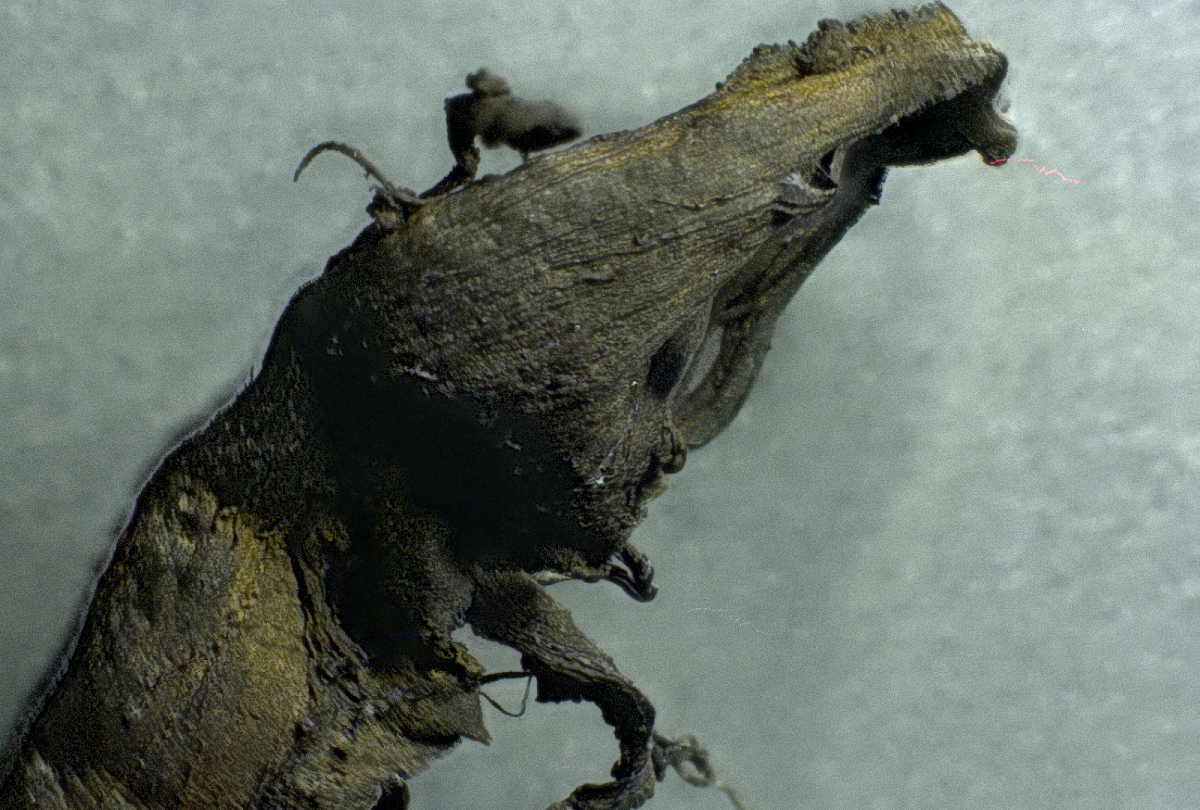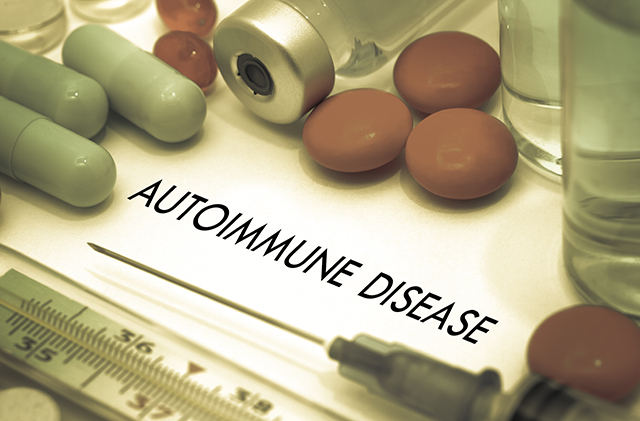Melatonin therapy a promising coronavirus treatment – study
12/10/2020 / By Virgilio Marin

Melatonin is a hormone mainly produced by the pineal gland. Commonly known as a natural sleep regulator, it also plays a role in gene expression and cancer prevention and has the rare ability to enter the mitochondria. As a potent antioxidant, it helps prevent mitochondrial damage and energy failure caused by oxidation.
Recent studies also show that melatonin may help fight infection with SARS-CoV-2, the coronavirus behind the COVID-19 pandemic. In a study published in the journal PLOS Biology, a team led by Cleveland Clinic researchers identified melatonin as a promising candidate for preventing coronavirus infection.
Melatonin reduces likelihood of coronavirus infection
The researchers analyzed patient data from the Cleveland Clinic’s COVID-19 registry using a novel artificial intelligence platform designed to identify medications that may be repurposed for COVID-19 treatment. The researchers compared the clinical manifestations and pathologies of COVID-19 to those of 64 other diseases belonging to several disease categories, including autoimmune, cardiovascular, pulmonary and neurological diseases. The aim was to look for associations between COVID-19 and those medical conditions.
“This signals to us, then, that a drug already approved to treat these respiratory conditions may have some utility in also treating COVID-19 by acting on those shared biological targets,” explained co-author Feixiong Cheng of Cleveland Clinic’s Lerner Research Institute.
The researchers found that autoimmune, pulmonary and neurological diseases had significant network proximity to coronavirus genes and proteins. Based on these associations, they identified 34 medications that show therapeutic promise, including melatonin.

The hormone was associated with a nearly 30 percent reduced likelihood of testing positive for the coronavirus after adjusting for variables like age, race, smoking history and disease comorbidities. The effect increased to 52 percent for African Americans when adjusted for the same variables, according to the researchers.
“Our study provides a powerful, integrative network medicine strategy to predict disease manifestations associated with COVID-19 and facilitate the search for an effective treatment,” said Cheng.
Cheng noted that large observational studies and randomized controlled trials are still needed to confirm the clinical benefits of melatonin for preventing coronavirus infection. It’s also important to determine the right dosage and length of supplementation required to lower infection risk, which are both absent in the patient registry.
More studies supporting melatonin for coronavirus
A June study published in the journal Life Sciences suggests that melatonin may be an effective adjunct to COVID-19 treatment. Researchers found that melatonin curbs several pathological features of the disease, including oxidative stress and inflammation, exaggerated immune response, acute lung injury and acute respiratory distress syndrome.
The researchers added that the hormone can improve sleeping quality and reduce blood vessel permeability, anxiety and sedation. These improvements can bring severe COVID-19 cases to better clinical outcomes, according to the researchers.
An October review published in the journal Virus Research also suggests that melatonin may reduce the severity of coronavirus infection. Researchers analyzed previous studies that examined melatonin’s effect on different viruses, including Ebola, hepatitis, West Nile and dengue virus. Based on these studies, the researchers concluded that melatonin may offer similar protection against the coronavirus.
Physicians are also using melatonin for treating coronavirus infections to positive results. Healthcare practitioners at the Little Alsace Urgent Care Center in Texas and South Texas Urgent Care Center reported successfully treating more than 400 patients as of July with high-dose melatonin in combination with vitamin C and D. (Related: Vitamin D offers significant protection from covid-19, but states won’t dare impose Vitamin D mandates.)
Melatonin and vitamin D are thought to work synergistically to enhance mitochondrial function. Meanwhile, melatonin and vitamin C help reduce the severity of infection by inhibiting NLRP3 inflammasomes, which in turn inhibits cytokine storms. Cytokine storms are known to worsen COVID-19.
Melatonin and vitamin D are both naturally produced by the body. Sleep for seven to nine hours every night to maintain healthy melatonin levels and get 10 to 30 minutes of sunlight to boost your vitamin D levels. Eat more citrus fruits, berries and vegetables like broccoli to optimize your vitamin C intake.
Cures.news has more on alternative treatments for coronavirus infection.
Sources include:
Submit a correction >>
Tagged Under:
alternative medicine, antioxidants, coronavirus, coronavirus treatment, disease treatments, food cures, immune system, infections, longevity, melatonin, natural cures, natural medicine, pandemic, prevention, SARS-CoV-2, vitamin C, vitamin D
This article may contain statements that reflect the opinion of the author




















